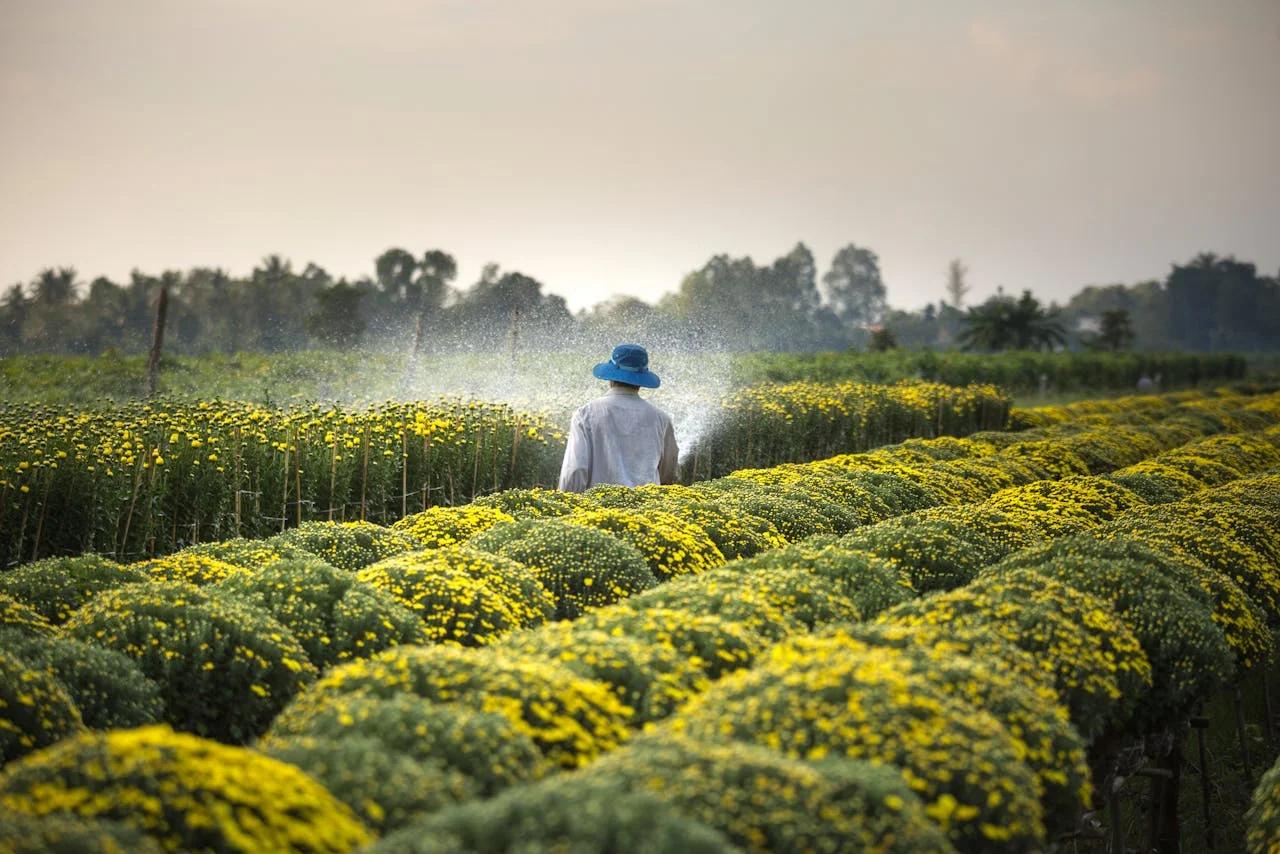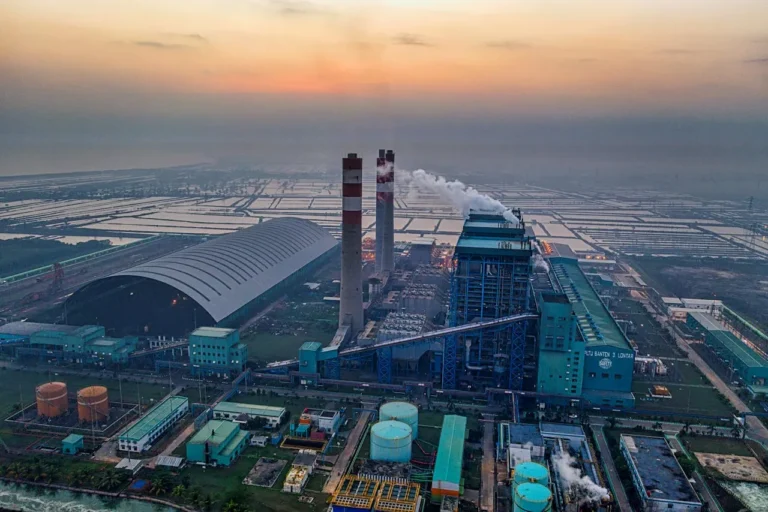
Smallholder farmers in Africa are reaping the benefits of regenerative agriculture through a variety of practices, but they require improved access to technology. This was a key takeaway from the second Roundtable of African Farmers, co-hosted by the Pontifical Academy for Life, Bayer, Global Farmer Network, World Farmers’ Organization, African Agricultural Technology Foundation (AATF), and Inter-American Institute for Cooperation on Agriculture (IICA). Farmers from Sub-Saharan countries, including Ivory Coast, Lesotho, Mali, Nigeria, Kenya, Rwanda, South Africa, Uganda, and Zambia, engaged in discussions with international policymakers and stakeholders about the critical need for policies that empower smallholders to adopt regenerative agricultural practices more broadly and enhance food security across Africa.
The farmers urged governments to establish policies that foster an outcome-driven, technology-neutral, and evidence-based approach to agricultural solutions. By integrating these policies with improved farmer training and support for regenerative practices, it is possible to significantly increase productivity while benefiting the environment. This requires a diverse set of practices and technologies that blend modern and traditional tools, all tailored to meet the specific needs of the farmers. Most importantly, the farmers emphasized that there is no one-size-fits-all solution to achieving these goals.
“The vast majority of food in Africa is produced by smallholder farmers. It’s crucial to listen to them and understand the significant challenges they face due to climate change,” said Debra Mallowah, Head of the Africa region for Bayer’s Crop Science Division. “We’ve learned today how many farmers are contributing to the socio-economic and environmental development of the Sub-Saharan region. It is essential for the private sector, governments, policymakers, international organizations, research institutions, and civil society to collaborate in developing infrastructure, building capacity, conducting research, and investing in innovations to create a supportive environment for these farmers, ultimately benefiting us all.”
Zambian farmer Elisha Lewanika highlighted the importance of regenerative agriculture and proper farming techniques to enhance soil health and crop yields. “Crop rotation, especially alternating nitrogen-fixing crops with cereals, helps maintain soil fertility and ensures sustainable yields. Reducing tillage and minimizing soil disturbances preserve soil structure, reduce erosion, and protect soil microbes,” he explained.
For Matente Kethisa from Lesotho, soil health and conservation are vital in addressing climate change challenges. “In my community of Nikito, the quality of soil is fundamental to our agricultural efforts. We focus on enhancing it through practices like crop rotation, mulching, no-till farming, and nutrient management,” he noted.
Nigerian farmer Stella Thomas agreed, stating, “While hybrid seeds and open-pollinated varieties are already available, GMO crops represent the future for us in Nigeria, especially in combating drought and pest infestations. GMO crops allow farmers to use fewer herbicides and insecticides, enhancing both productivity and sustainability.”
Amadou Sidibe from Mali emphasized the advantages of greenhouse technology in mitigating climate change effects. “While heavy rainfall and flooding have impacted many regions of West Africa, my greenhouses remain unaffected. During dry periods, they utilize 90 percent of available water efficiently, making them a powerful tool for managing agriculture in an increasingly unpredictable climate.”
Despite the benefits of diverse approaches, farmers face significant barriers in accessing the tools necessary to fully harness the potential of regenerative agriculture. Challenges such as low public and private R&D investment, high upfront costs for modern technologies, limited access to insurance and credit, and inadequate infrastructure hinder many smallholder farmers from contributing to agriculture’s transition toward greater productivity with a reduced environmental impact.
To promote regenerative agriculture, African farmers are calling on governments to revise policies to ensure access to a range of technologies tailored to their needs. Financial institutions should offer low-interest loans, grants, and insurance products specifically designed for smallholders, encouraging investment in modern technologies and sustainable practices. Expanding education and training through demonstration farms, digital platforms, and extension services is also essential. Moreover, increasing public and private investment in R&D, alongside collaboration between companies, farmers, and research institutions, is crucial for developing region-specific solutions and making both traditional and innovative practices accessible and affordable.
Agriculture supports over 50 percent of Africa’s population and contributes 35 percent to its GDP, reaching up to 60 percent in some countries. Despite this, Africa faces rising food imports and persistent food insecurity due to low productivity, limited value addition per worker, and subsistence farming practices that fall below efficient scales, with an average farm size of just 1.3 hectares. Although the continent possesses 65 percent of the world’s remaining arable land, only 10 percent is currently utilized.
For Bayer, regenerative agriculture is an outcome-based production model centered on improving soil health and enhancing resilience. Other key objectives include mitigating climate change, maintaining or restoring biodiversity, conserving water, increasing yields, and enhancing the economic and social well-being of farmers and their communities.







